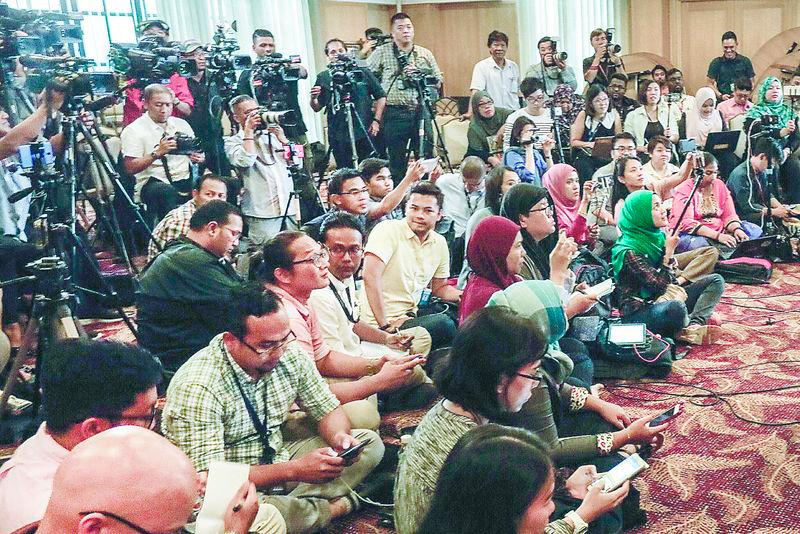PETALING JAYA: The Centre for Independent Journalism (CIJ) has urged the government to press on with media reform, warning that press freedom remains fragile despite Malaysia’s improved international ranking.
Its executive director Wathshlah G. Naidu acknowledged the country’s jump from 107th to 88th place in the Reporters Without Borders Press Freedom Index.
While welcoming the progress, she stressed that more must be done.
“Although this improvement is encouraging, we cannot afford to be complacent. The rise in rank should not overshadow the ongoing challenges journalists face, particularly with the rise of digital authoritarianism and the growing use of AI in newsrooms,” she said in a statement marking World Press Freedom Day.
This year’s theme, “Reporting in the Brave New World – The Impact of Artificial Intelligence on Press Freedom and the Media,” reflects sweeping changes in Malaysia’s media landscape.
Major outlets such as The Star, Astro Awani and Free Malaysia Today are now using AI-assisted reporting to boost efficiency.
However, these advancements have also triggered major job cuts.
“When AI is used to replace rather than support journalists, we risk losing the depth and nuance that on-the-ground reporting provides. AI should be a tool that supports journalism, not a substitute for it,” she added.
Wathshlah also said AI is not the cause of Malaysia’s press freedom issues.
Long-standing structural problems such as restrictive laws, opaque media ownership and political interference remain major obstacles to independent journalism.
“The continued use of repressive laws, including the Sedition Act 1948 and Section 233 of the Communications and Multimedia Act 1998, still casts a chilling effect on free speech.
“The recent introduction of the Online Safety Act 2024 and proposed amendments to the Printing Presses and Publications Act 1984 also raise red flags about increased government control under the guise of morality and security,” she said.
Nevertheless, Wathshlah remains cautiously optimistic, citing the passage of the Malaysian Media Council (MMC) Bill and ongoing efforts by the Legal Affairs Division under the Prime Minister’s Office to establish a protem committee to draft the Right to Information (RTI) Bill.
“If the MMC is truly independent and inclusive, it could serve as a vital mechanism to uphold ethical standards and protect press freedom.
“A robust RTI law would also empower journalists to fight disinformation and use AI responsibly,” she said.
CIJ has also called for an immediate halt to the use of outdated laws during the reform process.
The group urged the government to amend or repeal legislation that restricts press freedom, including the Sedition Act 1948, Section 233 of the Communications and Multimedia Act 1998, the Printing Presses and Publications Act 1984, the Official Secrets Act (OSA) 1972 and some sections of the Penal Code.
“This is a pivotal moment for real change. We need to move beyond symbolic reforms and build an environment in which the media can operate freely and responsibly.
“A free, ethical and independent media is fundamental to a democracy rooted in truth and accountability,” she said.









